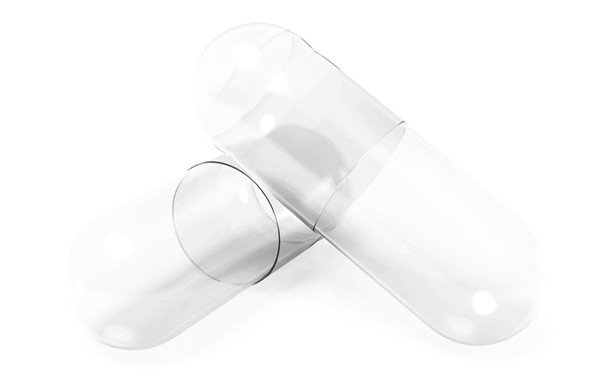
Potassium – why is it so important for our body?
Potassium is the main electrolyte in the body, the greatest amounts of which are located inside the body’s cells. It maintains the right water – electrolyte balance, normalizes the body’s pH. Is has a very beneficial impact on the functioning of the cardiovascular system.
The impact of potassium on the cardiovascular system:
– normalizes blood pressure
– regulates the heart function
– stops platelet aggregation
– protects the walls of blood vessels from the impact of free radicals
On top of that, potassium normalizes the workings of the nervous system – it ensures that the neural impulses get properly conducted. It also ensures proper functioning of muscles, activates plenty of enzymes, supports the functioning of kidneys. The potassium level in the body is maintained within a narrow concentration range and even small deviations from the norm lead to serious health consequences.
Health consequences that occur in the event of improper potassium level:
– cardiac arrhythmia
– hypertension
– weakened muscles
– chronic fatigue
– loss of focus
– impaired functioning of kidneys
– sleepiness
– impaired intestinal peristalsis
In order to prevent development of such disorders, it is necessary to provide the body with adequate doses of potassium. The daily recommended intake of this element is no less than 2000 mg, and the optimal dosage is 4700 mg.
Potassium – diet supplement or natural sources found in food?
The key method of getting the daily required amount of potassium is through the diet.
The richest sources of potassium are:
– cocoa
– legumes
– poppy seeds
– nuts
– parsley leaves
– avocado
– whole grains
– tomato concentrate
A diverse, properly balanced diet should provide the minimal potassium supply, which is about 2000 mg daily. However, such doses will turn out to be too small for those who need more of that element in their diet. Which means pregnant and breastfeeding women, people with hypertension, and suffering from kidney diseases. A much bigger dose of potassium should also be provided to those who do intense workouts and at risk of losing potassium through urine, plus those taking diuretics or laxatives. Other recommendations for taking higher doses of this electrolyte are vomiting and diarrhea, as well as diabetes. For those people, potassium supplementation is recommended. It constitutes a fast and effective method of providing high doses of this valuable ingredient and makes it possible to calculate the exact estimated dose of potassium.
Potassium supplementation
Potassium supplementation is mostly recommended for those diagnosed with hypokalaemia. It means lowered potassium level in blood, with values below 3,5 mmol/l. Hypokalaemia isn’t the only recommendation to use supplements containing potassium, though. Taking higher doses of potassium is also beneficial to the health of those at risk of developing a deficiency, as well as those affected with multiple disorders and ailments.
The disorders and ailments discussed above are:
– nephrolithiasis
– arterial hypertension
– cardiac arrhythmia
– osteoporosis
– impaired functioning of kidneys
The benefits of using potassium supplements are significant – the best known is the positive impact of potassium on the condition of those suffering from hypertension. People with hypertension who supplements higher doses of potassium have had their blood pressure drop by about 3 – 5 mmHg, which resulted in lower risk of complications of developing hypertension – the risk of a stroke dropped by about 24%.
Potassium as a diet supplement should be also used by those who are going through food poisoning or other illnesses of the gastrointestinal tract that involve vomiting and diarrhoea. One can lose substantial amounts of potassium that way and it is necessary to quickly replenish its levels. Otherwise, it will soon be followed by fatigue, aching and weakened muscles, as well as irregular heart beat. Potassium supplementation is also recommended in case of taking diuretic medications, which are often used in treatment of hypertension.
Potassium supplementation is safe – as long as the manufacturer’s recommendations on the dosage are followed. Our body has developed plenty of regulating mechanisms that will effectively remove a moderate excess of potassium in the body. One can also make sure by getting periodic blood potassium level tests done. The desirable potassium level in blood that should be aimed for is 3,5 – 5,5 mmol/l.






One Response
Visitor Rating: 5 Stars